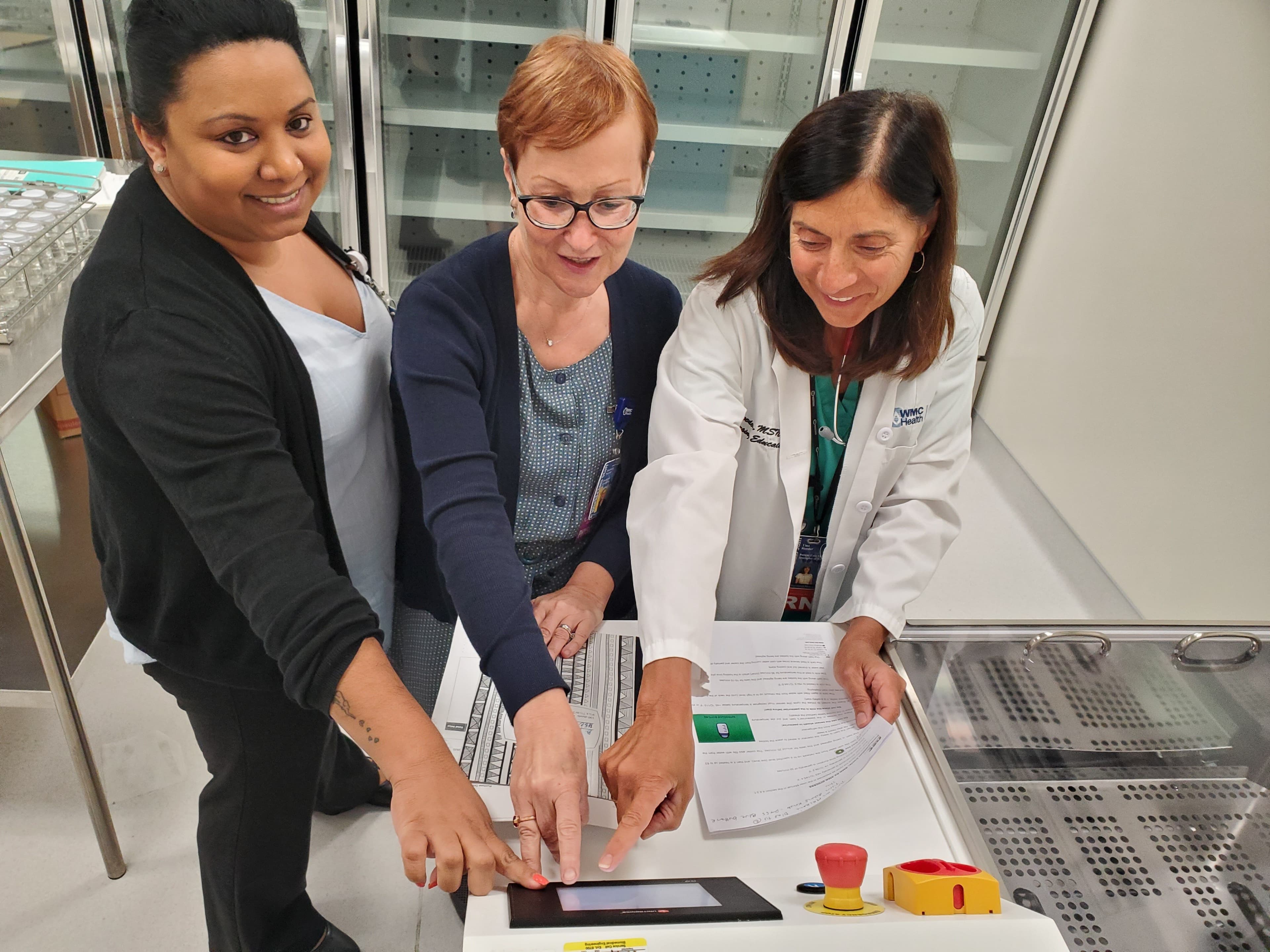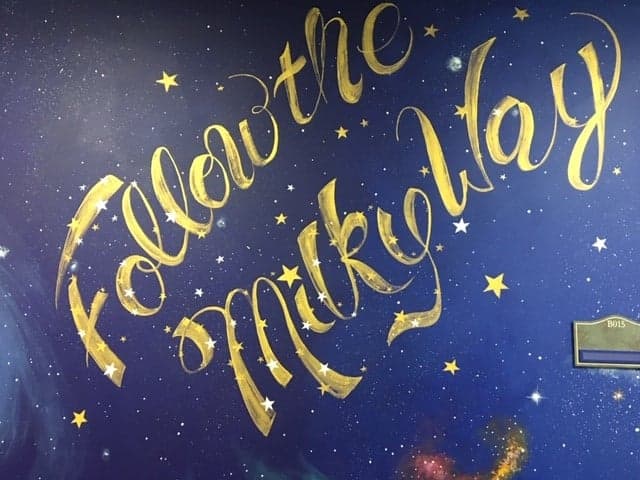Support the Donor Milk Bank
Your gifts help Maria Fareri Children's Hospital save lives, strengthen families, and give our tiniest patients the best possible start in our Neonatal Intensive Care Unit.
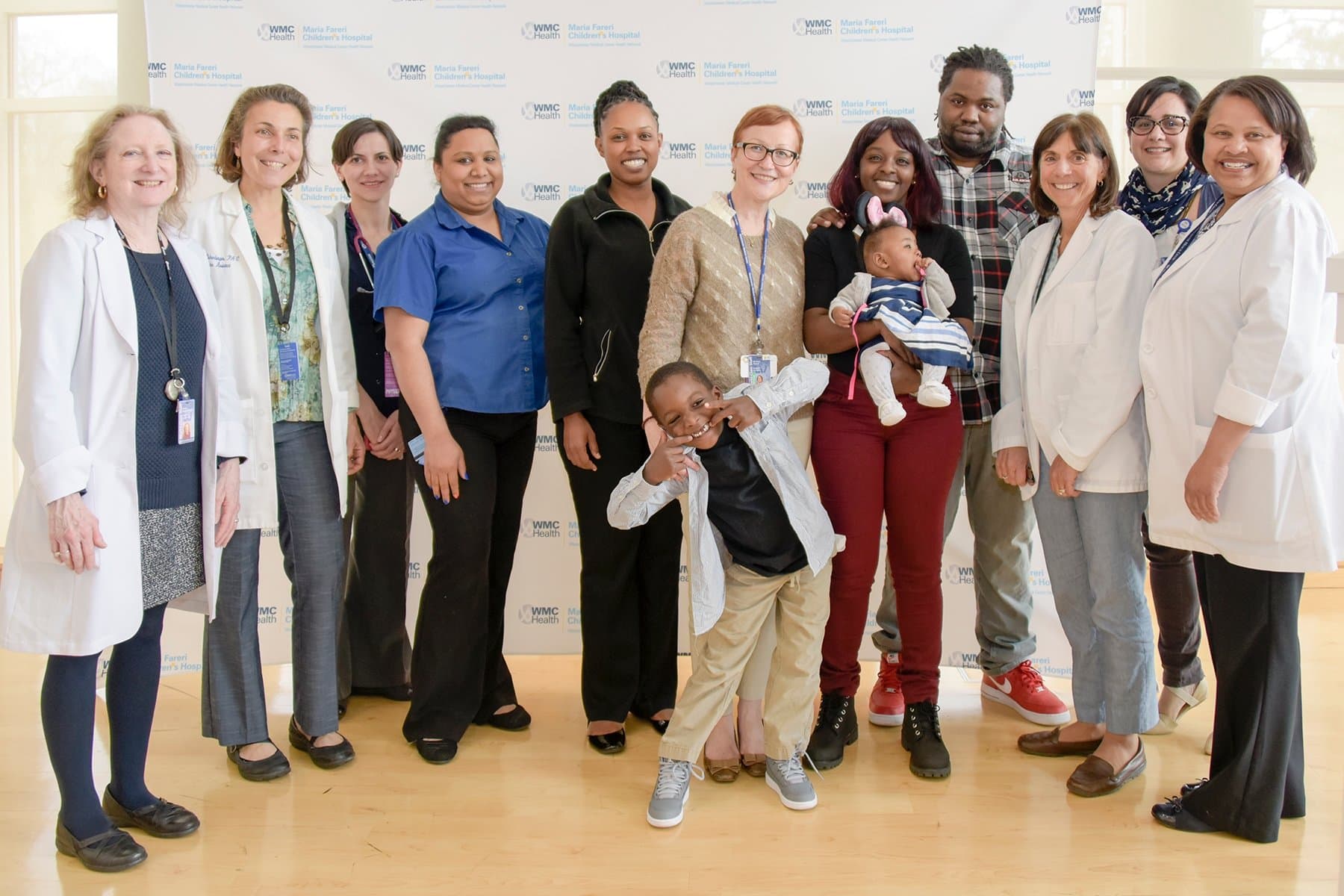
The Liquid Gold Preemie Donor Milk Bank at Maria Fareri Children’s Hospital, part of the Westchester Medical Center Health Network (WMCHealth), provides life-saving pre-term, term and Kosher donor milk for the region’s tiniest and most fragile newborns. Housed within the Isaac & Naomi Kaplan Family Regional Neonatal Intensive Care Unit (NICU), this program supports infants born at 34 weeks or earlier, weighing less than 3.3 pounds. Thanks to this initiative, over 500 infants have received donor milk since 2015.
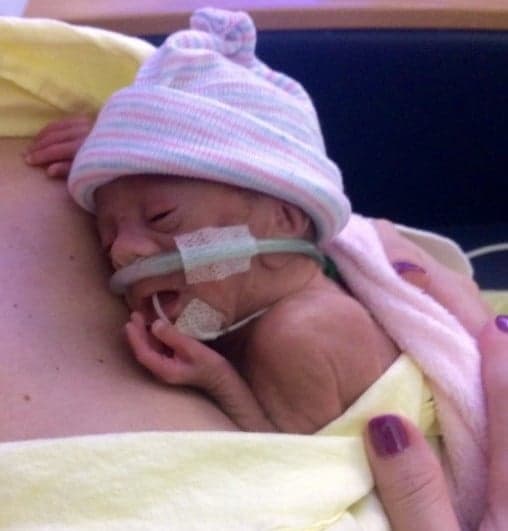
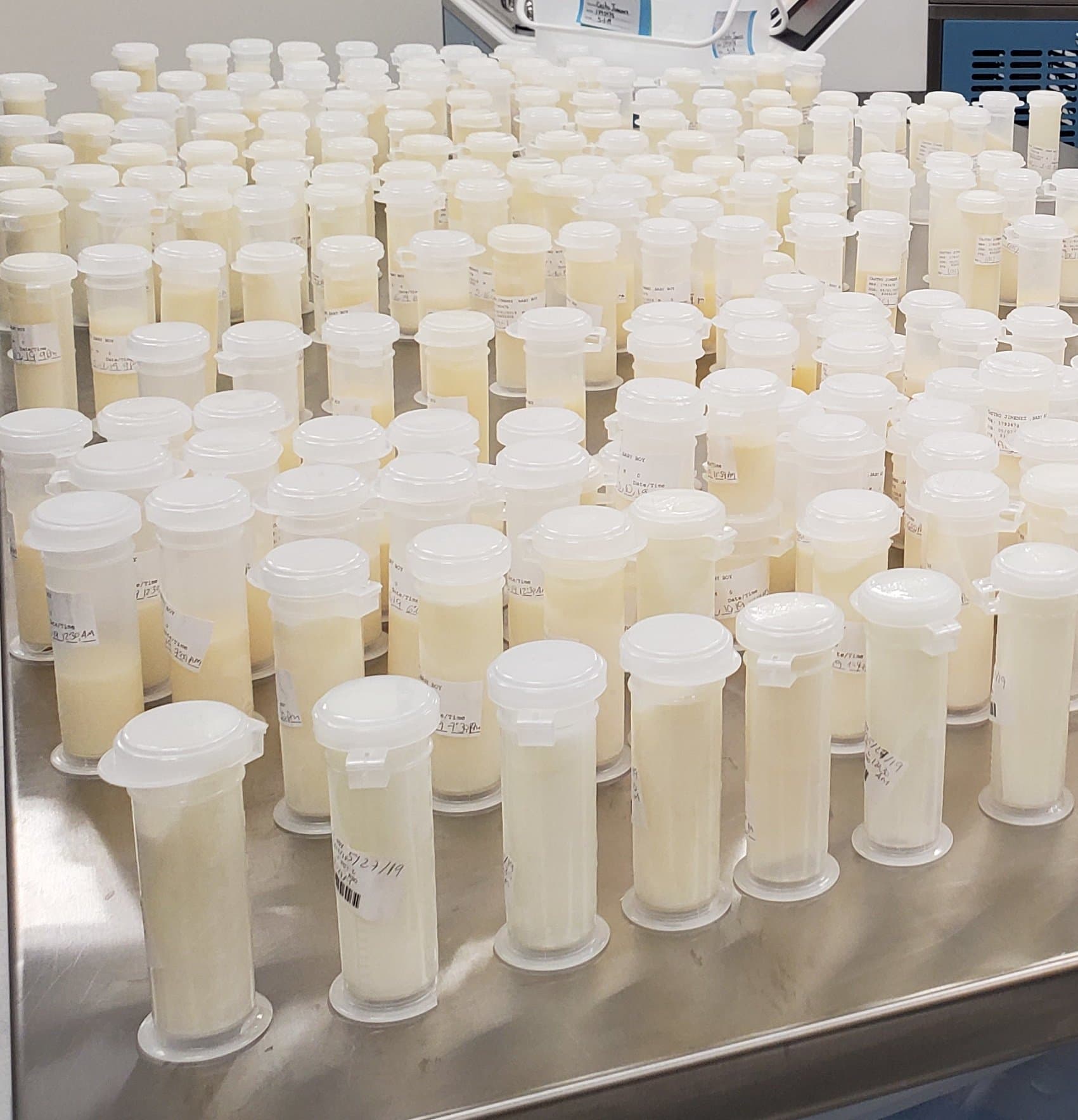
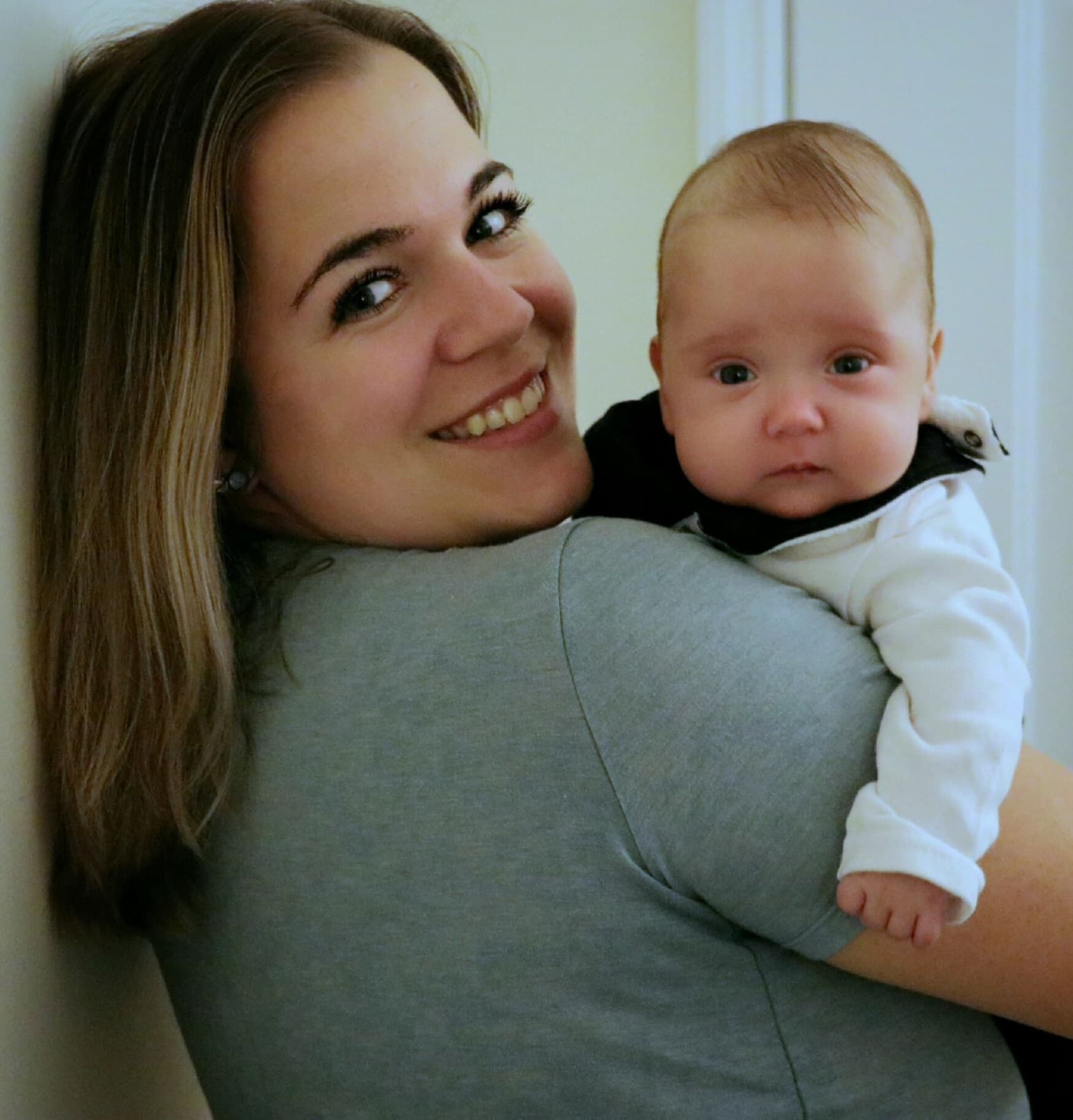
Maria Fareri Children’s Hospital Liquid Gold Preemie Donor Milk Bank
Frequently Asked Questions (FAQ)
Q. What is the Liquid Gold Preemie Donor Milk Bank?
A. The Liquid Gold Preemie Donor Milk Bank is a one of a kind milk bank, licensed by New York State Department of Health, which collects and pasteurizes preterm breast milk, donated by mothers of premature babies with abundant milk supply. Preterm milk has more nutrients and biologic factors providing better nutrition and protection for these medically fragile babies in the Regional Perinatal Center, Level IV NICU, whose mothers cannot provide breast milk for their babies due to pregnancy complications, medical illnesses and low supply. The program has been in place since 2019 and helps give vulnerable babies the best possible start.
Q. Why is donor breast milk important?
A. Donor breast milk is essential for babies whose mothers are unable to produce enough milk. It protects against life-threatening infections, supports healthy growth and development, and helps fragile babies become strong enough to go home.
Q. Why is there a shortage of donated breast milk?
A. Currently, Maria Fareri Children’s Hospital is experiencing a critical shortage of donor breast milk. This is due to fewer eligible donors and increased demand from a growing number of premature and medically fragile infants in the NICU.
Q. Who receives the donor milk?
A. The milk is provided to premature infants born at 34 weeks gestation or earlier, babies weighing less than 3.3 pounds, medically ill infants with congenital heart or intestinal problems, infants requiring surgery, or whose mothers cannot breastfeed. Donor milk is also provided to healthy newborn babies as a “bridge milk” until their mothers own milk supply is established. It is given only while the babies who need it are hospitalized in MFCH.
Q. Who can donate breast milk?
A. Eligible donors are typically mothers who are currently lactating, have more milk than their own baby needs, are in good health (and have a baby in good health), have not had a blood transfusion in the past 12 months, and are not taking certain medications or have contraindicated medical conditions.
Q. What is the donor screening process?
A. The screening process, regulated by the New York State Department of Health (NYSDOH), includes: a lifestyle questionnaire, medical consent forms, health clearance from the donor’s and baby’s doctors, a blood test (at no cost to the donor, performed at a LabCorp location), and an illness disclosure form related to when the milk was expressed.
Q. Is frozen milk accepted?
A. Yes. You can donate previously frozen milk (ideally stored for less than 6 months, although up to 12 months may be acceptable). Note: The first donation must occur within 30 days of receiving your blood test results.
Q. How much milk do I need to donate?
A. The milk bank does not pool milk from multiple donors. For one full pasteurization cycle, 250 ounces of milk are required. If you are unable to meet this amount, contact the milk bank team to discuss options.
Q. What is pasteurization and why is it necessary?
A. Pasteurization is a heat process that sterilizes breast milk, making it safe for use by infants other than your own. It’s the same safety process used for commercial dairy milk.
Q. How do I start the donation process?:
A. Contact the milk bank team:
Artie Hariprasad, Senior Milk Technician
Email : artie.hariprasad@wmchealth.org Phone : (914) 493-5135
Tina Roeder, RN, CNS, IBCLC, Milk Bank Manager
Email : tina.roeder@wmchealth.org Phone : (914) 493-5135
Jennifer Kaswick, MD, Associate Director
Email : jennifer.kaswick@wmchealth.org Phone: (914) 493-8558
Boriana Parvez, MD, IBCLC, Medical Director
Email: boriana.parvez@wmchealth.org Phone: (914) 493-8558
A member of the milk bank team will send you the required paperwork once you express interest.
Q. Can I support the milk bank if I can’t donate breast milk?
A. Yes! Monetary donations are gratefully accepted and help support the program. You can donate online through this page or call 914-493-2575 to donate via phone.
Q. Is my information confidential?
A. Absolutely. All personal and health information is confidential and securely protected in accordance with privacy regulations.
Q. Who can I contact for media inquiries about the milk bank?
A. Lynn Nichols, Director of Marketing & Communications, WMCHealth Northern Region
Email: Lynn.Nichols@WMCHealth.org Phone: 845-332-9441
